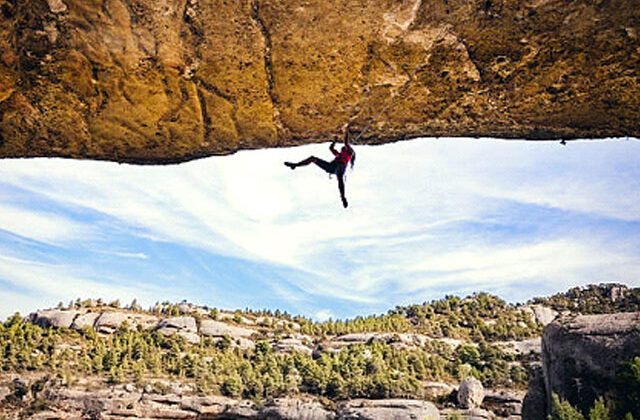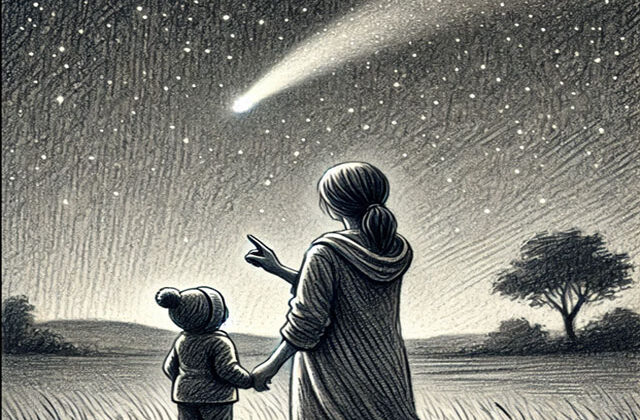Educational Psychologist Indonesia
Mrs.Devi Venugopal
Moving forward with shame resilience, we are now removing the armor of shame to see the core of all emotions and feelings – Vulnerability. Vulnerability is neither weakness nor strength; it is the base for all our emotions. We need to understand the universal taboo around vulnerability. The prime reason we hide our vulnerability is due to fear, shame, grief, sadness, and disappointment. Brene Brown, Ph.D., LMSW author of Daring Greatly, which inspired me to write about shame, defines vulnerability as uncertain risk, and emotional exposure. Vulnerability is the womb of joy, love, belonging, courage, empathy, and creativity.
What is Vulnerability? While asking few people in a survey….
Sharing an unpopular opinion
Standing up for myself
Rejecting a drink when offered in a party
Initiating sex with my wife/ husband
Staring my own business
Hunting a job after a long break
Falling in love
Getting pregnant after two miscarriages
Exercising in public
Admitting I’m afraid
Asking for help
Seeking for forgiveness
Laying off employees
Are these sound like weakness? No, they sound like Truth and Courage; they are sure uncomfortable but not weakness.
When we are vulnerable, we are in the torture room of uncertainty.
So sure now, it is where life and death meet; it is where fear and courage meet; it is scary and exciting at the same time;
it is freedom and liberation.
How can we encourage
vulnerability in the people
without shaming?
Rehumanize education and work. We need to develop a culture where there is no scarcity and challenge the “Never Enough” attitude.
Here is an example from a middle school student about fear which holds them back in class. “There are times when you can ask questions or challenge ideas, but if you’ve got a teacher that doesn’t like that or the kids in the class make fun of people who do that, it’s bad. I think most of us learn that its best to keep your head down, mouth shut, and your grades high.”
While reading this experience aloud, as a teacher and a parent, it hurts, we don’t want our children to keep their heads down and mouth shut. Brene Brown, a shame and vulnerability researcher, coined this as the “disruptive engagement.” When we disengage, we stop to be human; we cease to care, don’t show up, don’t contribute, and stop connecting.
If, as educators and leaders, we use shame to combat with others, we
provide fertile soil for the blame game and cover-up culture. Blame is merely discharging the pain, and we usually blame when we are uncomfortable. If blame is prevalent in your community, then shame is the problem to be addressed. Cover-up folks use shame to keep others in silence, but we must understand that shame grows more influential in secrecy; the moment we talk, it fades out.
Constructive feedback
Honest, constructive, and engaged feedback provides a pathway for the growth of a wholehearted community. Vulnerability is at the heart of the feedback process.
In general, we are uncomfortable with having hard conversations with colleagues and family. We are unaware of the ways to give and receive positive feedback, which can move us forward. The first step of constructive feedback is to sit on the same side of the table. It eases the conversation and makes the receiver comfortable.
Checklist for providing positive feedback from www.brenebrown.com
I know I’m ready to give feedback when:
I’m prepared to sit next to you rather than across from you;
I’m willing to put the problem in front of us instead of inbetween us;
I’m ready to listen, ask questions, and accept that I may not fully understand the issue;
I want to acknowledge what you do well instead of picking on your mistakes;
I recognize your strengths and how you can use them to face your challenges;
I can hold you accountable without shaming or blaming you;
I’m willing to be responsible for my part;
I can genuinely appreciate your efforts rather than criticizing you for your
faults;
I can guide you to be the part of the solutions instead of pinpointing you to be part of the problem;
I can see role model vulnerability and openness, which I expect from you.
The above way of giving feedback will lead us to the arena of vulnerability where you can hold your head up with courage.
Citation
Brown, B. (2012). Daring Greatly. Gotham Books







